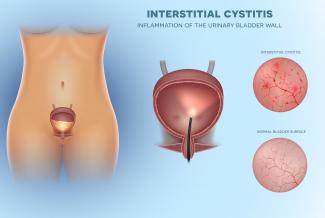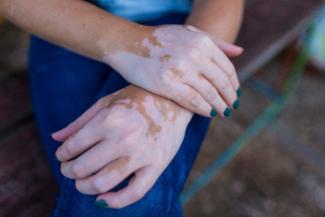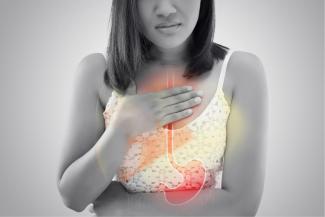News
- The effect of low FODMAP diet with and without gluten on irritable bowel syndrome
09 Feb 22
- Is Worksite-Based Naturopathic Lifestyle Counselling a Cost-Effective Prevention Method for Cardiovascular Disease?
15 Dec 21
- Can Acupuncture Relieve Painful Periods in Women With Dysmenorrhea?
15 Dec 21
- Does Taking Collagen Supplements Really Reduce Wrinkles? A Look into VERISOL®
15 Dec 21
- Exploring the Impact of Flavonoids on Symptoms of Depression: A Systematic Review and Meta-Analysis
15 Dec 21
- An investigation into an evening intake of a saffron extract (Affron®) on sleep quality, cortisol, and melatonin concentrations in adults with poor sleep
08 Nov 21
- The Effect of Probiotics on Iron Bioavailability
08 Nov 21
- Nigella Sativa to Support the Treatment of COVID-19
13 Sep 21
- Psyllium Reduces Inulin-Induced Colonic Gas Production in IBS: MRI and in Vitro Fermentation Studies
02 Sep 21
- Effect of Berberine on Cardiovascular Disease Risk Factors
02 Sep 21
- Green tea extract for mild-to-moderate diabetic peripheral neuropathy
02 Aug 21
- Beetroot juice associated with healthier blood vessels and brain function in older adults.
06 Jul 21
- Clinical Efficacy of Herbal Extracts in Treatment of Mild to Moderate Acne Vulgaris
30 Jun 21
- Anthocyanins From Bilberries Improves Mild to Moderate Ulcerative Colitis and Other GI Diseases
22 Jun 21
- Probiotics Administration Prior to Colorectal Cancer Surgery
09 Jun 21











